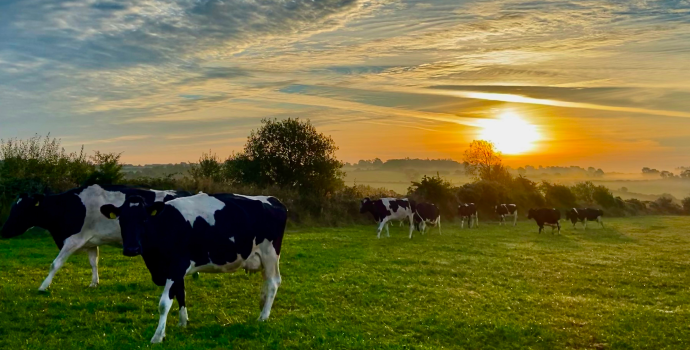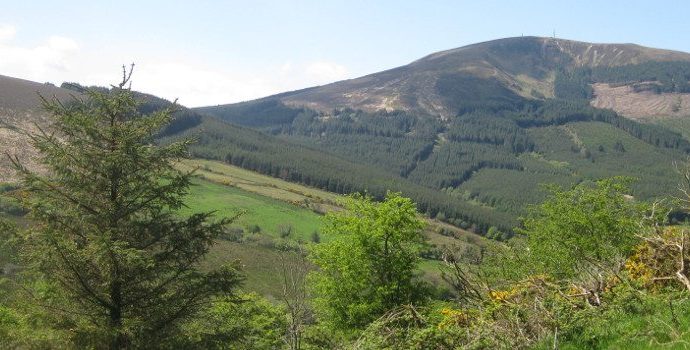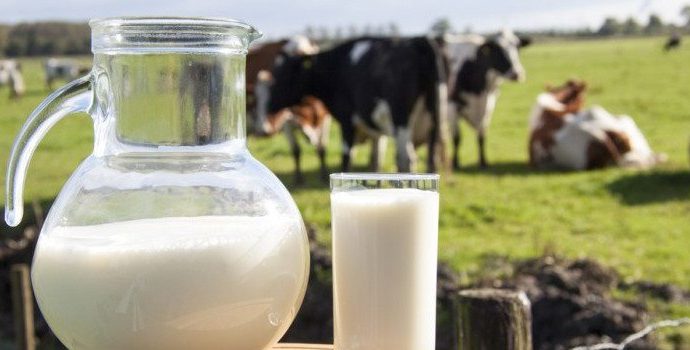Urgent Department Action Needed Following Study of Tb Levels in Deer – IFA

IFA President Eddie Downey said the high levels of TB in wild deer, that have been confirmed following a study in Wicklow, require immediate and targeted action by the Department of Agriculture.
Eddie Downey said the study, sought by IFA and carried out by the Department between October 2014 and January 2015, shows levels of TB in deer at 16%.
“Farmers have long argued that the control of the deer population is an important element in the eradication of the TB disease. The evidence from this study shows the level of TB in deer is a significantly higher multiple than in cattle and justifies the implementation of a programme similar to the existing Wildlife Control Programme.”
The IFA President said the results of this survey are with the Department of Agriculture and the National Deer Management Forum for a number of months now and progress on the issue is unacceptably slow. He said while officials pass the buck on assuming responsibility for the control of animals that are proved highly infected with TB, farmers continue to lose animals and endure enormous financial losses.
Eddie Downey has called on the Department of Agriculture to assume full responsibility for the control of deer around TB restricted farms and put in place the resources necessary to reduce the numbers immediately.
The IFA Animal Health Chairman Bert Stewart said the findings highlight the urgent need for the Department to put in place structures that reduce the number of deer surrounding TB outbreaks in order to protect the health and welfare of our national cattle herd and farmers’ incomes. “This must have the full co-operation of Coillte and NPWS if it is to be effective.”
Wicklow IFA chairman Tom Short said farmers have had real concerns in relation to the role wild deer encroaching on their land is having in prolonging TB episodes and contributing to new outbreaks. This study confirms both the incidence of TB in deer and the risk they are posing to the health status of the cattle in the farms they are encroaching onto.
“It is more than coincidental that Wicklow has both the highest levels of TB in cattle in the country and the highest population of deer. This situation must be addressed urgently by all state agencies responsible, through a targeted reduction in deer numbers surrounding TB outbreaks and a national management plan that reduces deer numbers to what is sustainable within their natural habitat in order to protect the health and welfare of our animals and farmers’ livelihoods.”




